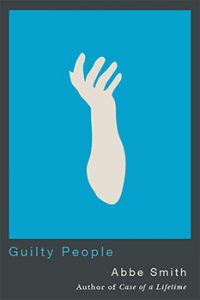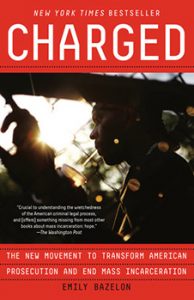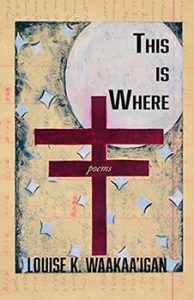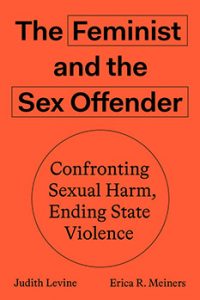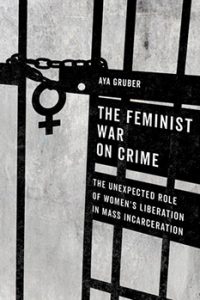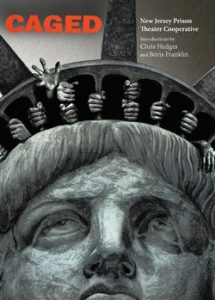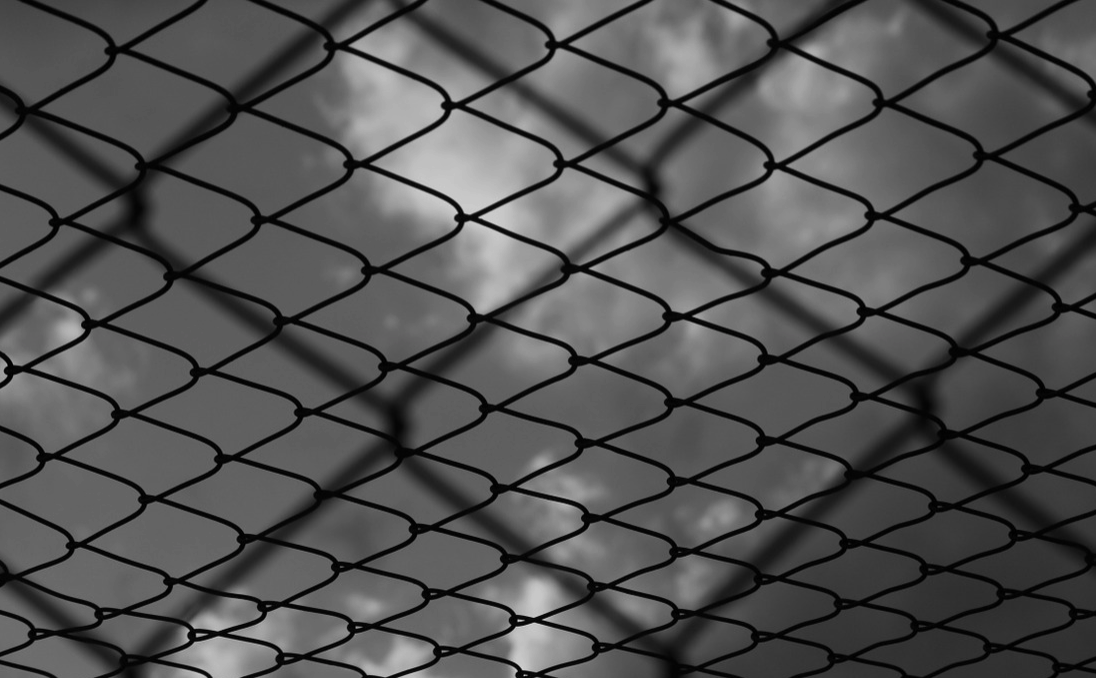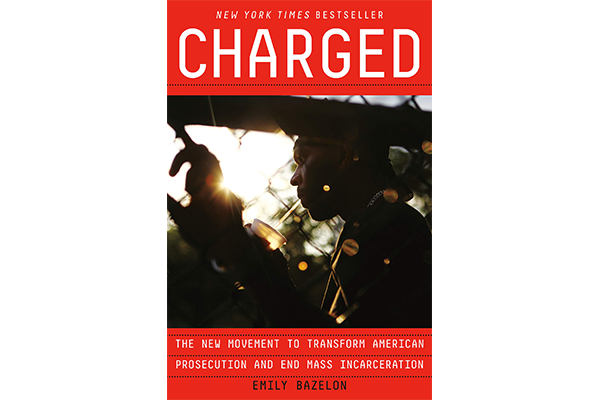As an organization that champions the critical role of literature in bearing witness, we are sensitive to the pandemic’s impact on authors committed to challenging and exposing the carceral state. Temperature Check, Volume 7: The Literary Issue temporarily shapeshifts in format to support those writers with recent releases that contribute to critical public dialogue about mass incarceration, forefronting ideas and concepts that will remain urgent after the pandemic subsides. View the full issue here.

A Crucial Critique of State Power:
A review of Classic Writings in Anarchist Criminology: A Historical Dismantling of Punishment and Domination
By A.W. Strouse
A few months ago, I would not necessarily have sympathized with anarchists. But, when I cracked open Classic Writings in Anarchist Criminology (AK Press), I felt immediately converted by the first text:
This book is dedicated to everyone, human and nonhuman, that is locked up, tortured, and confined in every jail, detention, prison, cage, tank, handcuff, padded room, unit, and chain.
In this dedication, the book’s editors—Anthony J. Nocella II, Mark Seis, and Jeff Shantz—make a bold claim to reconceptualize, and expand, how we define incarceration and the carceral state.
I would ordinarily think of incarceration strictly in terms of the criminal justice system and the formal, legal process of disciplining convicted offenders of the law. But reading Classic Writings in Anarchist Criminology, especially during the current pandemic crisis, has helped me to rethink that assumption.
For example, by foregrounding the “nonhuman,” the editors call to attention how the farming of animals may also be considered a form of incarceration. A few months ago, I might have found this to be an outrageous comparison, but the fact is that nearly all pandemic diseases are caused by the exploitation of animals—another inextricable linkage between human survival and the humane treatment of animals. Reading Classic Writings during my COVID isolation has helped persuade me to become a vegan—and to construe the question of freedom more broadly.
Classic Writings collects primary materials by major anarchist theorists (William Godwin, Pierre-Joseph Proudhon, Mikhail Bakunin, August Spies, Peter Kropotkin, Michael Schwab, Joseph E. Gary, Errico Malatesta, Voltairine de Cleyre, Lucy Parsons, Alexander Berkman, and Emma Goldman). Each of these authors is introduced with light remarks by the editors. I would have preferred that the editors had supplied somewhat fuller intros, with more contextualizing information. And as a matter of personal taste, I might have wished that the texts were arranged thematically rather than chronologically. But this is a small grievance as I am still free to read books in whatever order I please, and the editors have done a great service by gathering these writers together.
The editors situate their book within the academic field of criminology, arguing that this field has not applied anarchist critiques of the state. Classic Writings seems geared toward an audience of teachers and students in criminology. And if universities continue to exist, I can easily imagine criminology courses that are designed around the volume. An anarchist critique of state power is crucial at a moment when, without due process, many people are living under house arrest, deprived of the rights to free assembly and religious observance.
Classic Writings will serve as a vital resource for launching a more robust critique of how the field of criminology has been paving the way for totalitarianism.
About the reviewer
A.W. Strouse, a member of PEN America’s Prison Writing Committee, is a scholar of medieval poetry and a creator of many projects, most recently a rhyming version of Judith Butler’s Gender Trouble (punctum, 2019).

